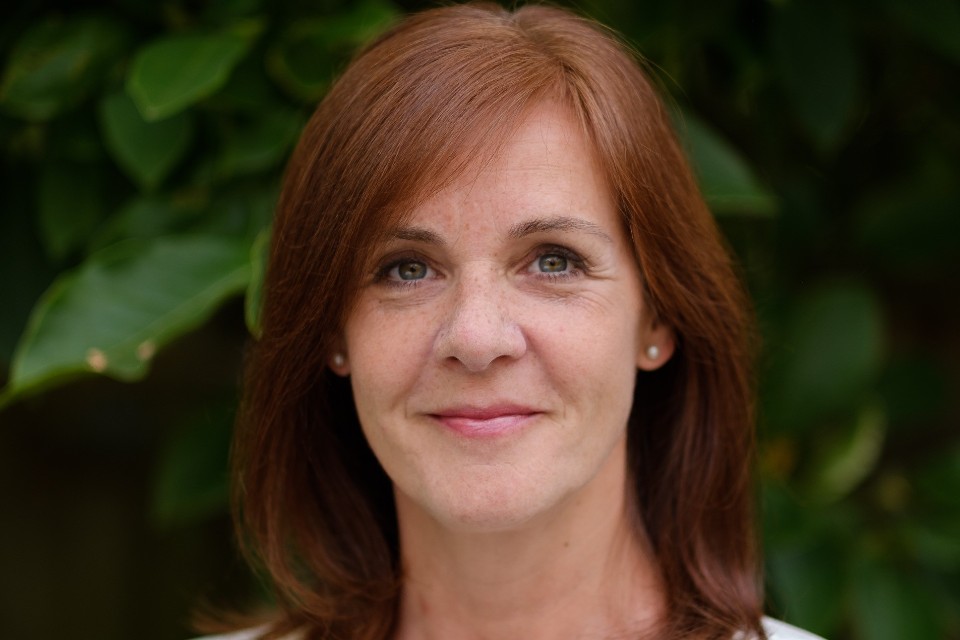OPCW 103rd Executive Council: UK national statement
Statement by UK Permanent Representative to the Organisation for the Prohibition of Chemical Weapons (OPCW) Joanna Roper, at the 103rd Executive Council.

As we gather here for the first Executive Council since the 5-year Review Conference, let me acknowledge all the efforts of so many who worked so hard to seek consensus and identify the important issues that we will continue to discuss this week. My thanks, too, to the Director General and his staff, and to Ambassador Fatu as he takes up the position of Chair of the Executive Council.
Mr Chair, distinguished delegates, the United Nations Secretary-General told us in his video statement at the Review Conference in May that the Chemical Weapons Convention has helped create a safer world for us all. Yet, with chemical weapons attacks taking place in recent times, each use threatens to reverse our hard-won gains. He added that “in the name of the victims of these attacks – and as a deterrent to future chemical warfare – those responsible for any use must be identified and held accountable for their crimes.” The United Kingdom wholeheartedly agrees. The work of the OPCW is just as important as ever.
Mr Chair, meticulous investigations have documented repeated uses of chemical weapons by the Assad regime, years after Syria claimed to have destroyed all its stockpiles. Denials and disinformation from the Assad regime and its Russian backers cannot disguise Syria’s failure to cooperate with the Technical Secretariat or to fulfil its wider commitments under the Convention. Without meaningful progress from Syria, its chemical weapons programme will continue to pose a threat to international security.
Mr Chair, 5 years ago this week, Dawn Sturgess tragically died in the United Kingdom after exposure to a Russian novichok nerve agent. This was a clear criminal act. Alexey Navalny was poisoned with a novichok nerve agent in Russia 2 years later.
Given Russia’s track record of chemical weapons use, there has long been concern that it could use chemical weapons in its unjustified and illegal invasion of Ukraine. Any use of chemical weapons by Russia in Ukraine would have severe consequences. We recall the Chemical Weapons Convention’s prohibition on the use of riot control agents as a method of warfare. The United Kingdom supports Ukraine’s efforts to protect itself against the threat of chemical weapons and to investigate possible use, noting the options set out in the Convention and in decisions of the policy-making organs.
Mr Chair, at the recent Review Conference, the vast majority of states parties demonstrated their continued commitment to a positive future agenda for the OPCW, and their confidence in the Technical Secretariat.
Organisational governance issues include geographic representation, gender equality and other forms of diversity, tenure policy and the budget, as well as the opportunities presented by the new ChemTech Centre. The United Kingdom looks forward to further discussion on these issues.
Finally, the United Kingdom congratulates the United States and the Technical Secretariat for completing the destruction of all US chemical weapon stockpiles. This is an important milestone, but not the end. The work of the OPCW is more important than ever. The United Kingdom remains committed to working with our partners to implement the Convention and move closer to our shared objective of a world free from chemical weapons.